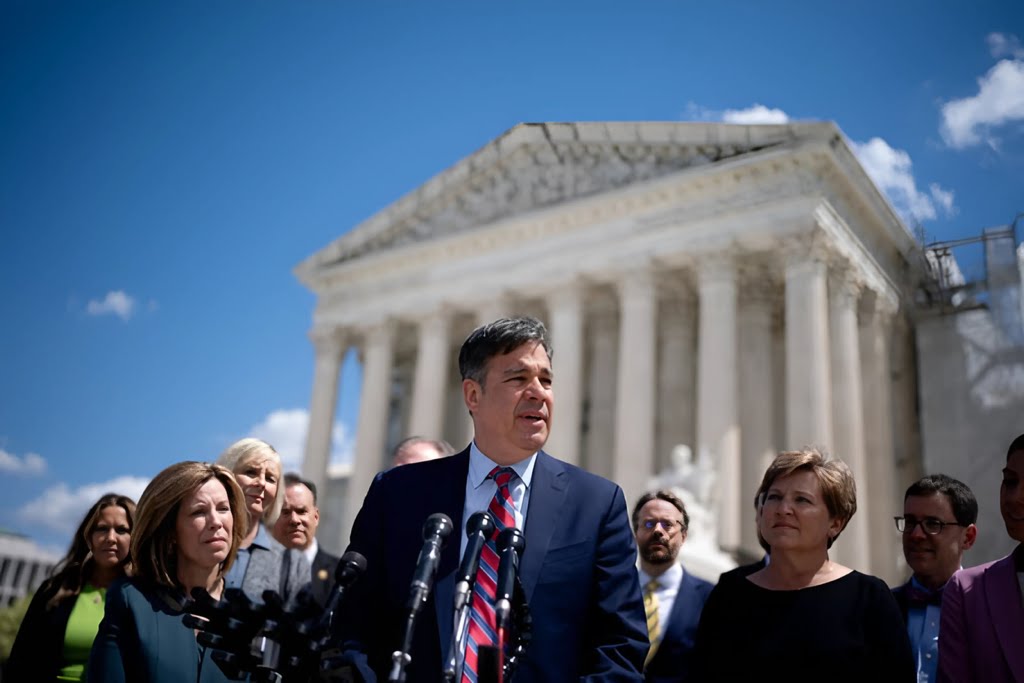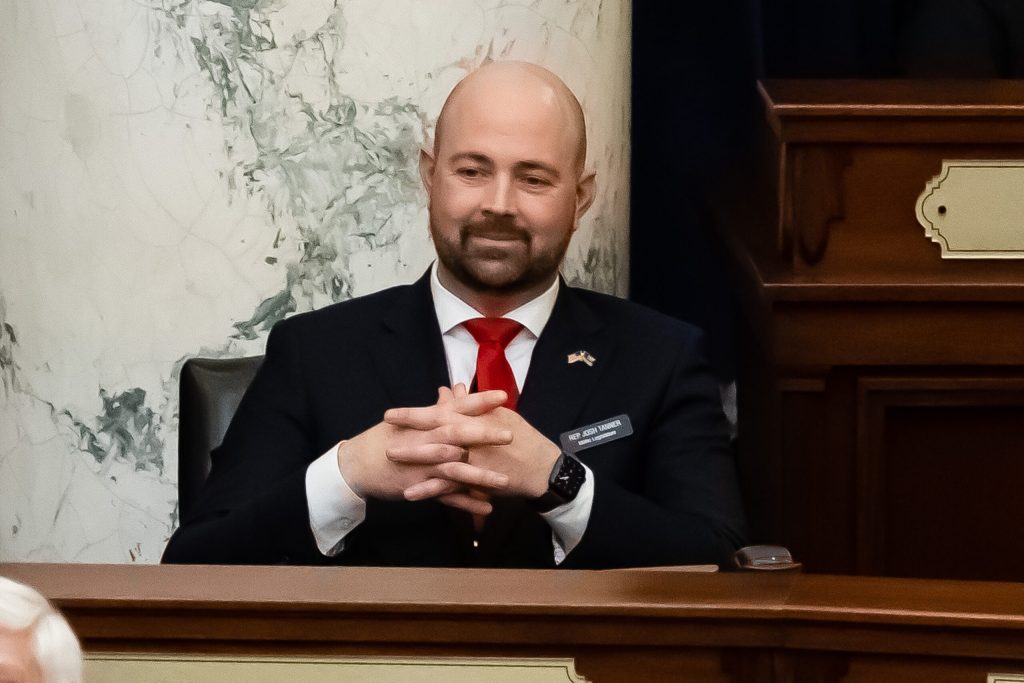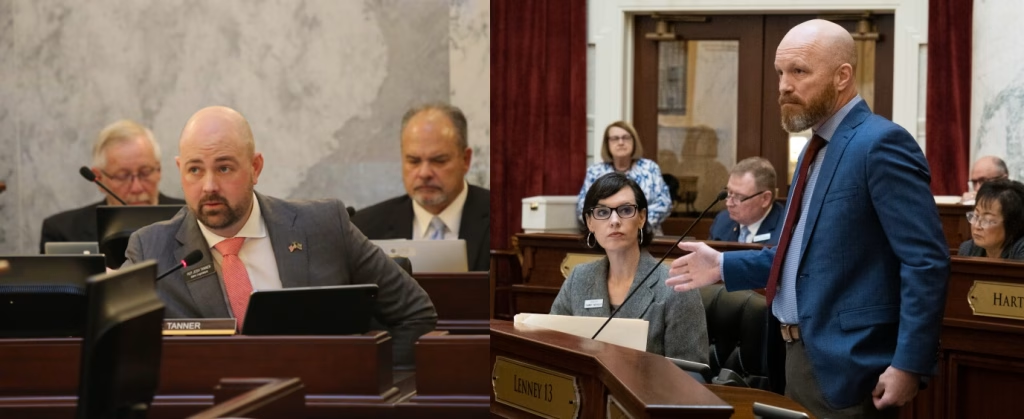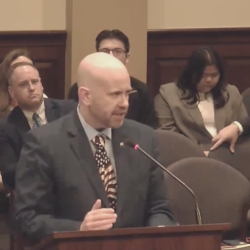Idaho Attorney General Raúl Labrador is urging the U.S. Supreme Court to take up the state’s high-profile defense of its women’s sports law, arguing that the case presents critical constitutional questions that can no longer be left unresolved.
In a supplemental brief filed today, Labrador and attorneys representing the State of Idaho asked the Court to grant full review of Hecox v. Little, a case challenging Idaho’s 2020 Fairness in Women’s Sports Act. The law prohibits biological males from competing in girls’ and women’s sports at public schools and universities.
The state’s request follows the Court’s recent decision in United States v. Skrmetti, which upheld Tennessee’s restrictions on gender-transition treatments for minors but avoided addressing the broader equal-protection issues at the heart of Idaho’s case.
“While we’ve been fighting for fair and equal athletic competition, activists have been pushing an agenda that would ultimately sideline women and girls in their own sports,” said Attorney General Labrador in a statement provided to the Gem State Chronicle. “Many athletic associations around the world have recognized the obvious truth that men and women are biologically different, and allowing men in women’s sports would create a dangerous, unfair environment for women to showcase their incredible talent. We’re asking the U.S. Supreme Court to uphold our law and ensure that women and girls get the opportunities they deserve.”
The supplemental brief argues that two unresolved splits among federal appeals courts demand the Court’s attention: First, whether “sex” under the Equal Protection Clause must be understood based on biological reality or subjective gender identity. Second, whether transgender identity qualifies as a class that is protected under civil rights law.
The Hecox case began in 2020 when a self-identified transgender athlete challenged Idaho’s law after being denied a spot on the Boise State women’s track team. In June, the Ninth Circuit ruled that the law likely violates the Equal Protection Clause and allowed the case to proceed.
In its new brief, Idaho argues that sending the case back to lower courts would only delay resolution while continuing to harm real female athletes. The state contends that courts blocking laws like Idaho’s have forced girls to lose medals, scholarship opportunities, and athletic safety. It also points to recent policy shifts by the Trump Administration as well as the NCAA that exclude biological males from women’s sports, aligning with Idaho’s position.
Idaho’s petition is one of two currently before the Supreme Court on this issue. The other, West Virginia v. B.P.J., involves similar questions in a K–12 setting. Idaho is urging the Court to hear both cases together in the upcoming term.
According to the brief, 27 states have now passed laws aimed at protecting women’s sports. The state argues that the time for judicial clarity has come.
“The collegiate distance runner who’s bumped off the podium will never get back the opportunity to celebrate her achievement,” the brief states. “There is no time to lose.”
The Court will likely announce whether it will take up the case later this summer.
Feature image courtesy of the Office of the Attorney General
About Brian Almon
Brian Almon is the Editor of the Gem State Chronicle. He also serves as Chairman of the District 14 Republican Party and is a trustee of the Eagle Public Library Board. He lives with his wife and five children in Eagle.













